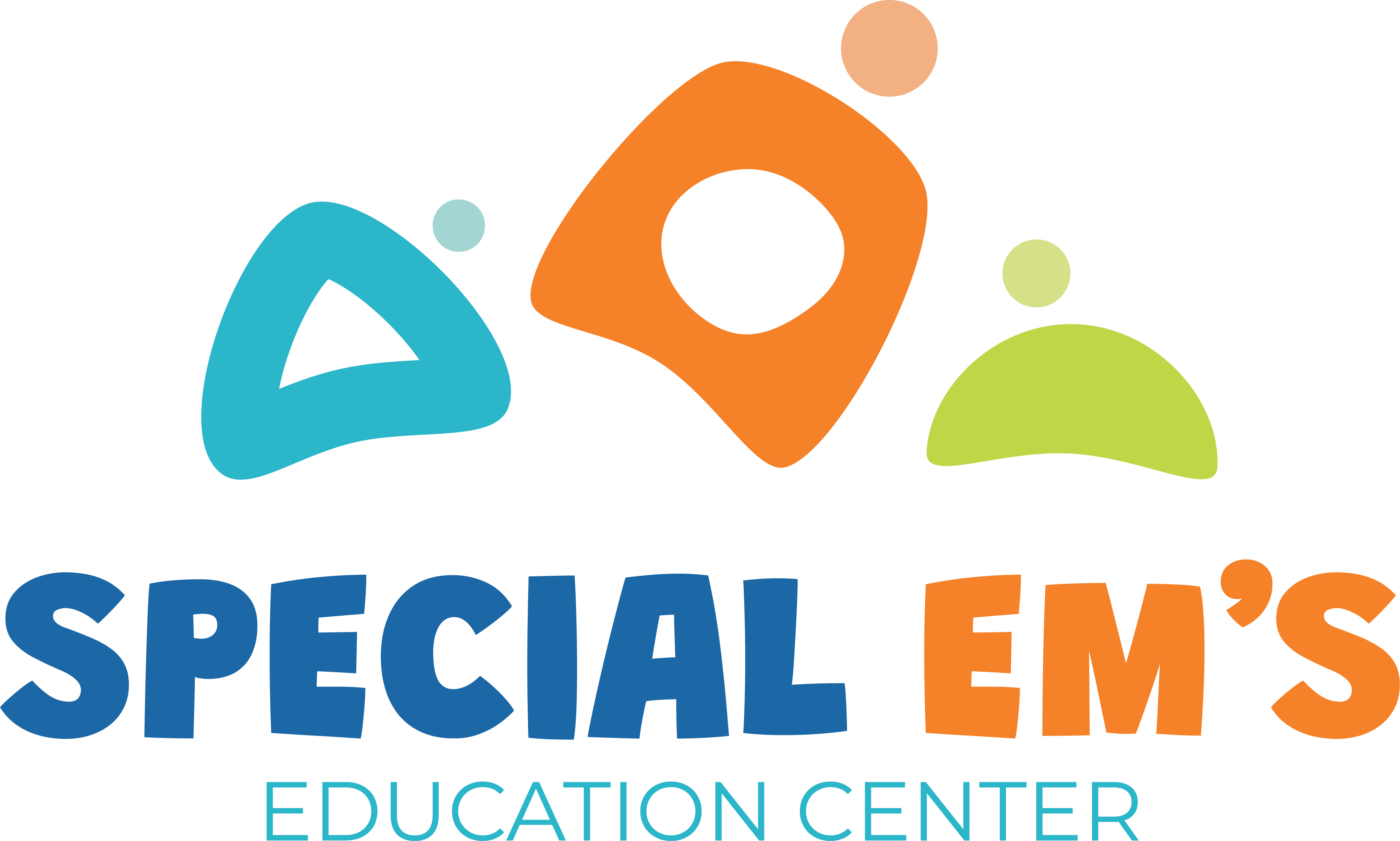
Early Intervention
The Early Intervention Program at Special Em’s Education Center is designed for children up to 6 years of age with special needs to stimulate and maximize development in their growth as well as facilitate and prepare them to participate in the public education system. This process includes observation and then the culling and evaluation of those observations in order to create the development of an Individualized Educational Program (I.E.P) for each child.
An Individual Educational Program is strictly observed by educators and experts in order to track the achievements of children at every stage of development.
Basic principles
Special rights children have the same right as other children to learn and develop their potential. They can learn following their own specific timing and using their individual learning strategies.
A child with special needs should be considered first and foremost as a child, though their growing process might be slower compared to others with similar abilities. The more skills special rights children master, the better the chance they have to participate in family and societal activities.
ndividualized programming is one of the typical characteristics of Special Education. This is because every child has differences in developmental speed and the ability to comprehend. Each child needs to have a unique individualized program, even within the group of children with special needs. Each Early Intervention Program is based on each child's abilities and is consistent with his or her parent's educational goals, as well as the needs and abilities of the family.
The Early Intervention Programs focus on the period from 0 to 6 years old and prepare children for entrance into the public and private education system. The close cooperation and long-term intervention between our Special Em’s Education Center and the parents can help special right children develop their full potential.
The first five years of a child's life are extremely important as they provide the foundation that shapes happiness and meaningful life and helps the child become a fully functional member of society. Therefore, it is essential to start Early Intervention Programs as early as possible.
Parents are the people who have the most direct interaction with their children and who also understand them and take the best care of them. Therefore, it is crucial to provide knowledge and guidance to parents on how to care for and educate children in an Early Intervention Program in order to achieve the best outcomes.
Process of Early intervention
Detecing, diagnosing and then suggesting a program for the child.
Creating the Early Intervention Program that includes a range of activities.
Transitioning children to intervention programs at public and private schools.

